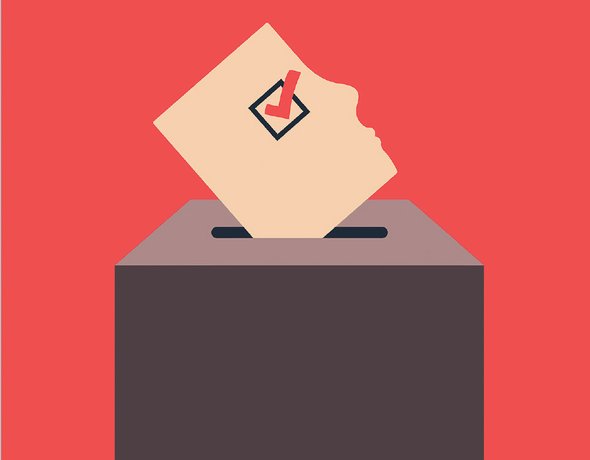One political party believes that it is alright to allow Foreign Direct Investment (FDI) everywhere, but in multi-brand retail. Another thinks that doling out more entitlements is the only way to ensure social justice and equality of opportunity. Even another party believes that the best way to control corruption amongst bureaucrats and politicians is by instituting another layer of bureaucracy. And, they all believe in ever greater role for state intervention.
Amongst all this, do Indian voters really have a choice?
I fail to see a real choice available for voters. It looks as if various political parties have identified some of their core constituencies based on religious/caste lines (support base) and what issue is most important to them. They have then gone on to put it all together in one document that they call their “Party Manifesto”. A closer look at this document of all parties show that there is an absence of coherence in their thinking.
Moreover, it is not as if political parties in India are held accountable to promises made by them. And since they are not held accountable to their promises, why bother with what is promised?
When we go buy goods in the market, there is a certain implicit promise made by the seller to the buyer that he/she should expect a minimum level of utility in its quality and use. If the seller defrauds the buyer, there exists a recourse that addresses the harm caused. Such a thing is totally absent when voters choose their representatives by voting based on promises made.
The quote below by Alan Reynolds published in the National Review (1992) makes a pertinent point that is often remiss on many of us –
“The political market unlike economic markets, suffers from total absence of consumer protection.”
There is no political party in India today that does not compromise on its principles, that is, if they have any in the first place. A party that stands by what it says, no matter what. A party that does not swing in the direction that the current wind is blowing.
So, what is the solution?
Needed — A Liberal Party for India
In what may now seems like a very long time ago, India once had a real choice in Swatantra Party. The party stood for the principles of “maximum freedom for the individual and minimum interference by the state”. One may not agree with all their principles (there were 21 of them as adopted at their preparatory convention held in Bombay in August 1959), but at least they had outlined it clearly and to the best of my knowledge, practiced it.
In the absence of clear principles, manifestos today have become a hodgepodge of random ideas thrown in together. This makes it difficult to pre-empt their stand on any issue that may come up tomorrow which their voters can hold them accountable to.
Contrast today’s political parties with Swatantra Party of 1960s. In its clearly laid-out principles, the party demonstrated a clear vision. There was coherence in its thoughts and actions.
It is a shame that we do not have such a choice in India today. I hope we get that option soon.
Read more: SO Musings: Liberalisation and Liberalism in India
================================================================
PS: OPEN magazine in its 7 April issue has carried a story on Swatantra Party and Mr S V Raju (party’s Executive Secretary since its inception in 1959), aptly titled “Last Man Standing”. Mr Raju has been the editor of Freedom First since 1985, the magazine started by Minoo Masani.
* Ek Hi Thali Ke Chatte Batte is a Hindi phrase which loosely translated could mean Two Sides of the Same Coin.
Post Disclaimer
The opinions expressed in this essay are those of the authors. They do not purport to reflect the opinions or views of CCS.






